HEATING YOUR HOME
Heating options: before you choose…
At Queenstown Plumbing & Gas we are dedicated to providing heating solutions that are sustainable, affordable and efficient. We will guide you through the best options available so that you have all the information you need to make an informed and confident decision. With so many options available it can be tough to know where to start.
You can call us for a free chat to the discuss the best central heating solution for your home and your family.
How well insulated is the house?
Are the windows double glazed?
How much sunlight is the house exposed to?
When choosing your heat source there are a lot of things to consider. Most importantly, Queenstown Plumbing & Gas highly recommend thinking about the potential running costs of each system. Running costs can differ drastically depending on what heat source is used. A basic rule of thumb is that the cheaper the outlay is the more expensive the running cost will be. Have a look at the heat comparison chart below.
YOUR HEATING OPTIONS
Wood burners
Wood-burners are often over sized for the room and can quickly over heat the space making it uncomfortable to be in. Opening the doors to allow some fresh air in takes the edge off, but this does not help to heat the rest of the house. To save dollars and be truly comfortable we need to be more efficient.
A good option with a wood-burner is to use a heat transfer system. This is installed in the roof space to push the air from the heat source through insulated ducts to other areas of the house. By teaming a wood-burner with a heat transfer system you get the best of both worlds- the wonderful ambiance of a wood burning fire and a lovely warm and healthy home throughout.
New wood-burners need to comply with current emission laws and require council consents. If you live in Arrowtown you may want to make use of the Otago Regional Council clean air subsidy for removing wood-burners that don’t now meet the current emission laws. Of course, Queenstown Plumbing & Gas provide all wood-burner and heat transfer system related services.
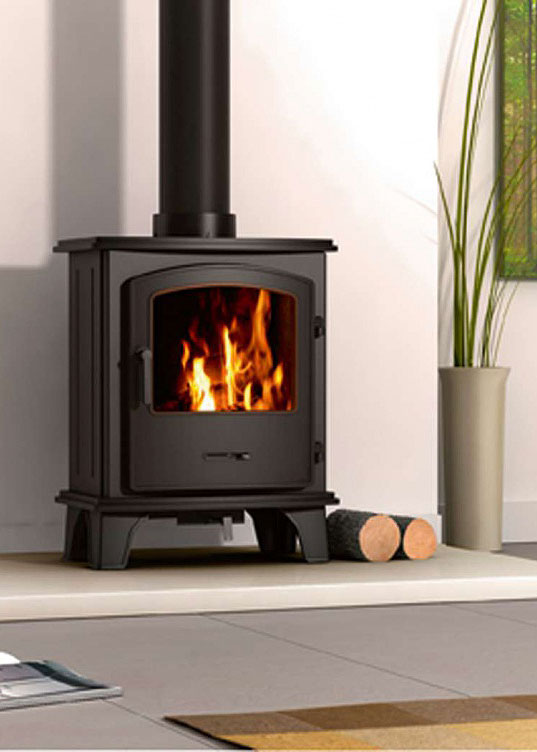
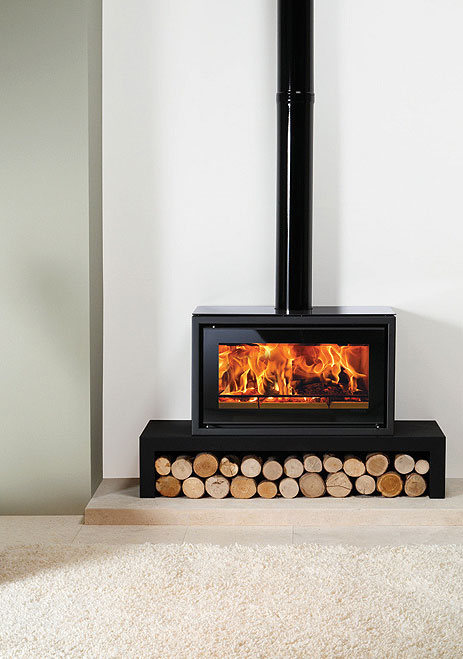
GAS energy savers
Gas energy saver heaters have timers so that the heater can be programmed to come on and off at different times of the day and night. They also have thermostats so once the room is up to temperature the heater shuts off. The timers and thermostats help to avoid energy wastage and keep running costs down.
Queenstown Plumbing & Gas can help you select the most appropriate gas energy saver heater to ensure that the property can maintain a comfortable temperature all year round.
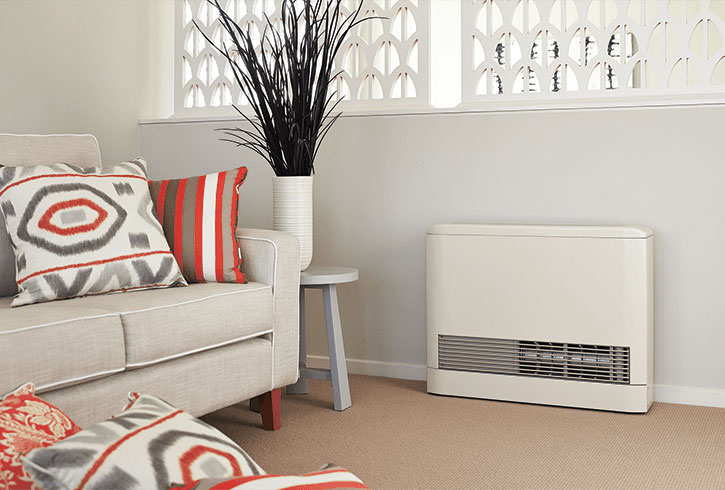
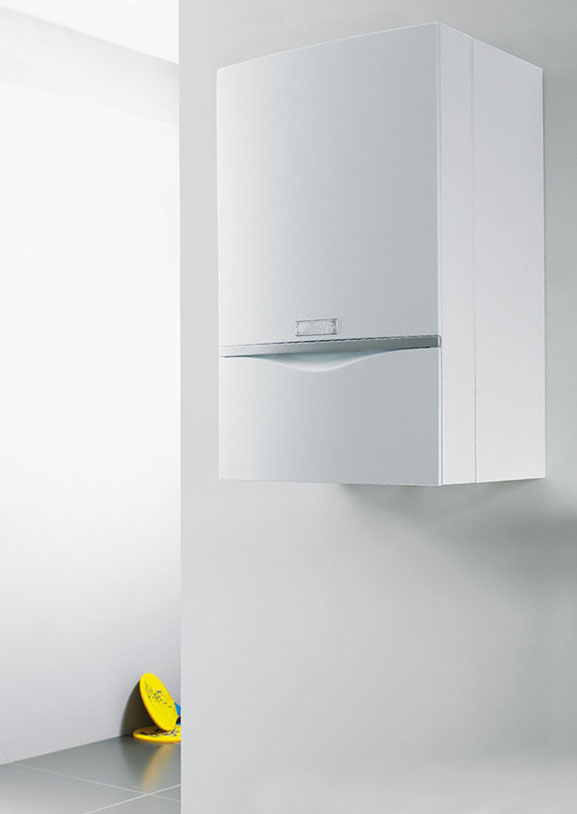
GAS boilers
The boilers are small, often kept within a cupboard, and are very quiet. Within the radiator, as in any space, hot air rises above cold air. The warm air is emitted from the radiator to heat the room, and the cool air within the room is drawn into the radiator and recycled.
The result is a consistent temperature easily controlled using the thermostat and timer. To get the most out of this central heating solution the layout of where the boiler, radiators and connecting pipelines are situated must be carefully planned.
Gas boilers can also be used in conjunction with under floor hydronic loops to provide under floor central heating. There is even an option for a split system if you would like under floor heating in the living rooms but prefer radiators in the bedrooms.
Central heating comes in at the more expensive end of the heat sources spectrum. However, this really is a case of if you pay more, you get more. We find that clients enjoy central heating because the system is easy to use, the internal climate is a consistent temperature, and they feel satisfied knowing that energy is not being wasted.
Queenstown Plumbing & Gas can help you select the right boiler and radiators for your needs and design a layout plan that will create the most effective and efficient results. We can also do all the installation and provide follow up servicing.
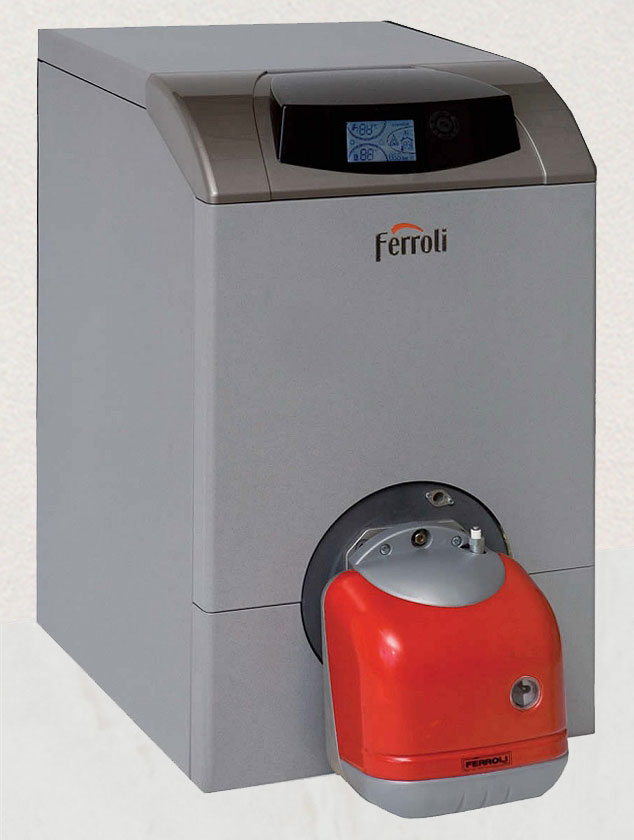
diesel boilers
Diesel boilers are much larger but slightly cheaper to run than gas boilers in the South Island as the diesel cost is cheaper than the LPG. Diesel boilers are usually located in a garage and connected to the outside via a flue.
They also need a diesel tank at easy access to fill when required. This form of central heating will provide excellent results for a more economical price than the gas boiler option. Queenstown Plumbing & Gas have the knowledge and expertise to assist in choosing the correct appliances, designing a customised plan and completing the installation.
air to water heat pump
This central heating source can be adapted to serve radiators but this requires larger radiators and careful planning to reduce heat loss and other disruptive factors. Air to water heat pump units are located outside, preferably away from bedrooms as the two large fans within the units do create noise.
If you’re building a new home, this is likely to be the very best solution for you.
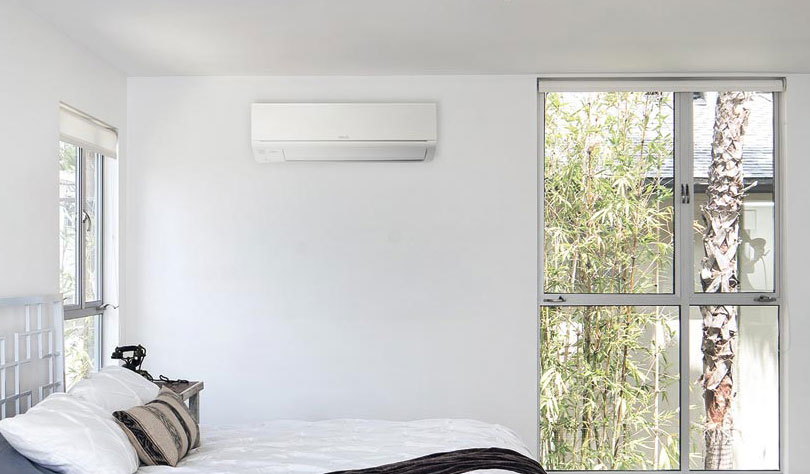
ground source heat pump
Ground source heat pumps work just as all hydronic heating systems work – heating water and then pumping the water around the a series of pipes to underfloor loops or radiators. The difference here is in the way that the water is heated. Water is pumped through a network of pipes buried below the ground at about 2 meters deep.
As the temperature of the ground at 2 meters deep is about 12 degrees centigrade, regardless of the weather conditions above ground, the water is heated to 12 degrees by the warmth of the earth. This increase to 12 degrees centigrade is essentially free; the ground at 2 meters deep has provided free energy.
The heat pump then only needs to heat the water from that point up to the required temperature; thus, using less energy than if the heat pump was starting from scratch. Ground source heat pumps are about the same size as a large washing machine, are located inside and are very quiet as no fan is needed inside the unit.
Ground source heat pumps are an investment that will pay dividends in the long-term. Queenstown Plumbing & Gas can guide you through the whole process from consulting, designing, installing, and commissioning.
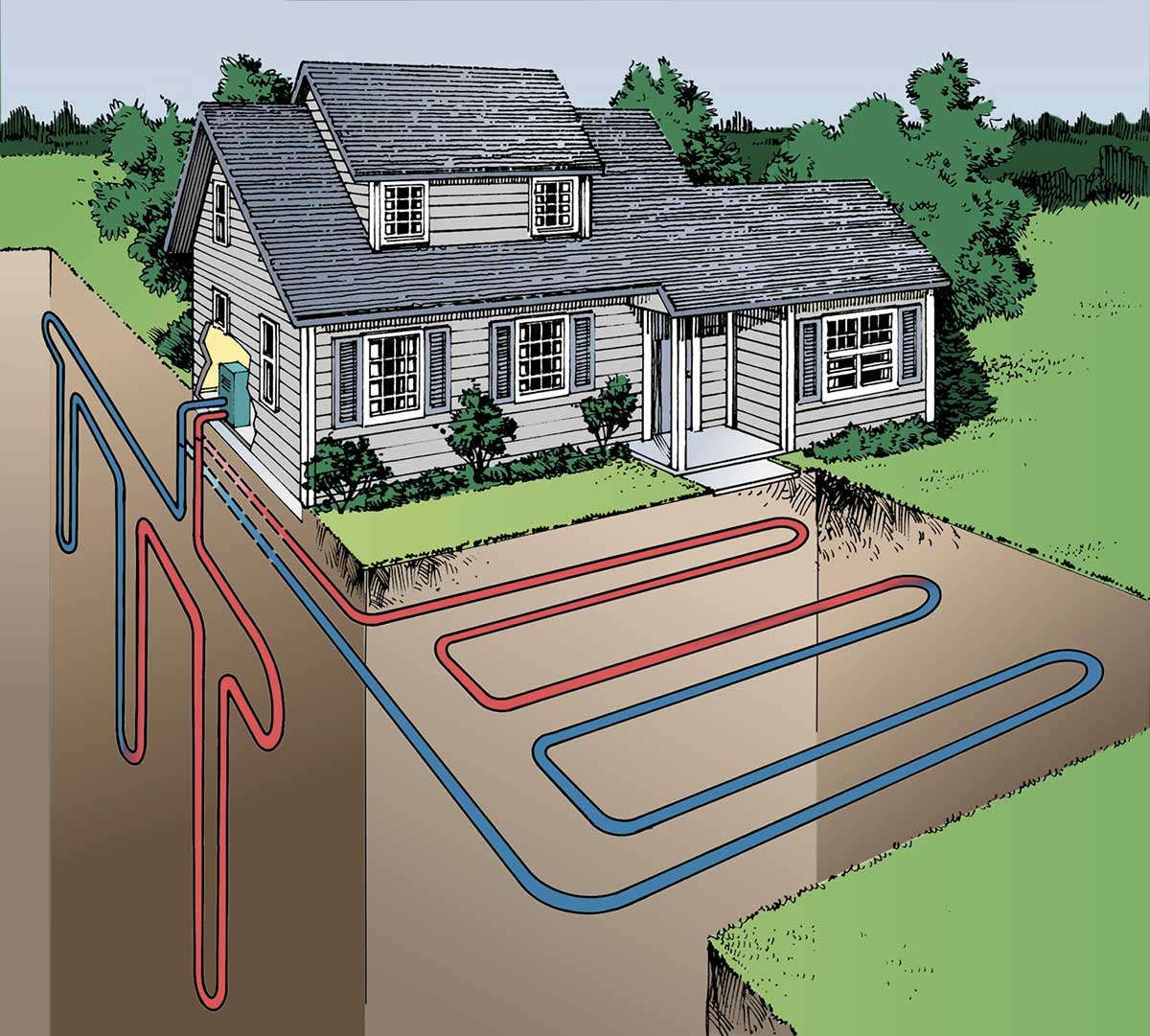
…but that’s not all.
There are still many other heating options for your home that we have not covered here. We have simply outlined the options that we believe can satisfy most of our client’s needs, and we’re always happy to discuss other options for heating your home.
